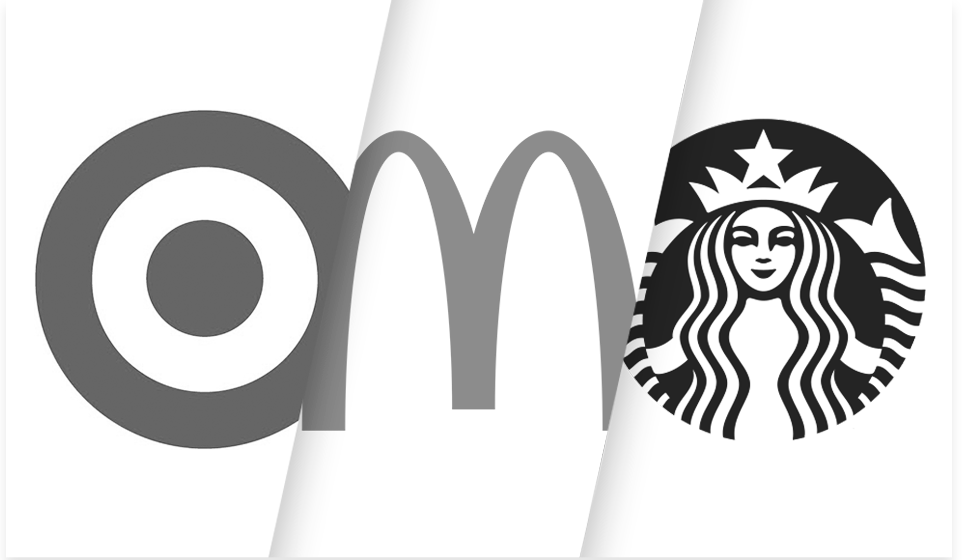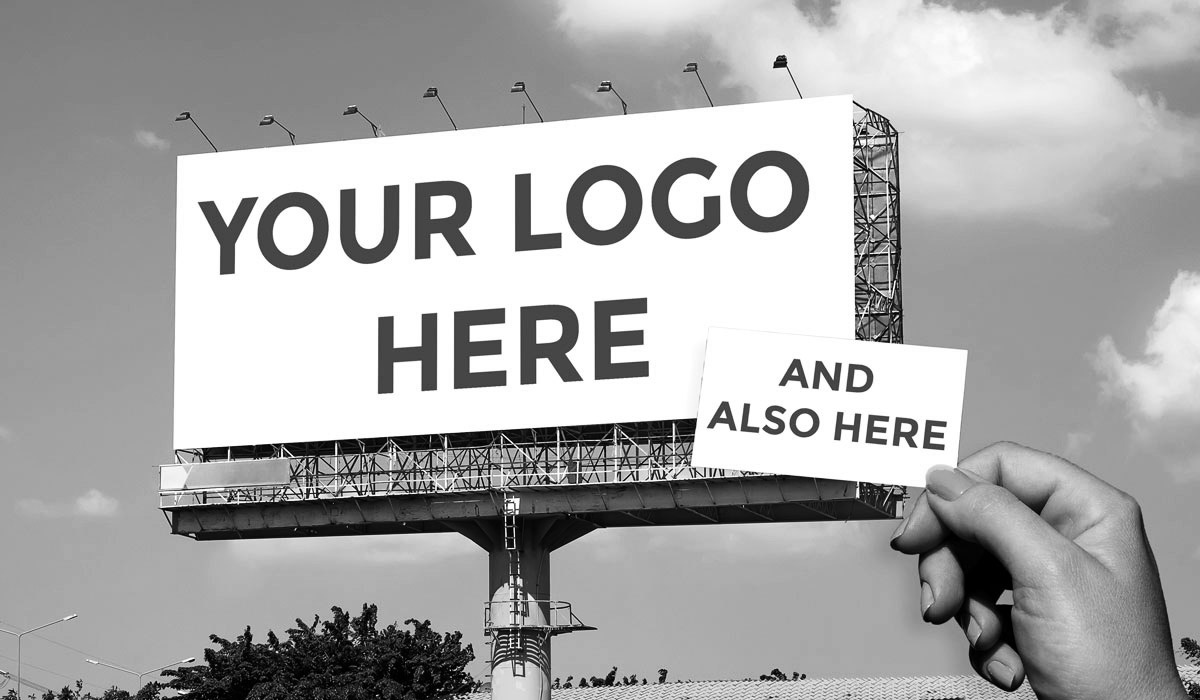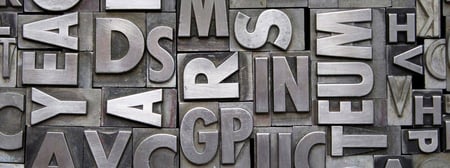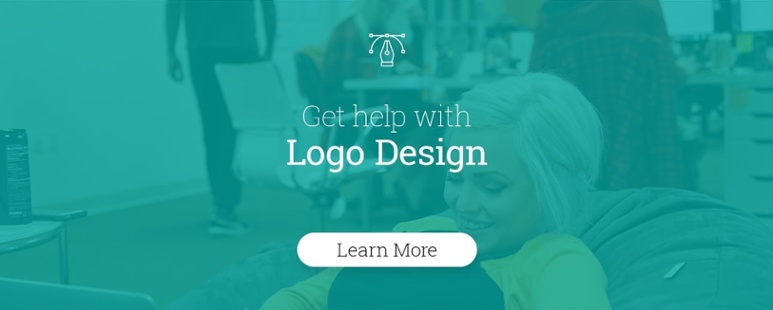Logo design isn’t to be taken lightly. Logos are permanent. Well, kind of. If eventually you decide to rebrand or redesign your logo, then it will change. But chances are, your logo design will remain the same for quite some time. And you want it to. When your brand’s image remains consistent, whether through a logo or branded color palette, you build brand equity.
Brand equity is defined as “the commercial value that derives from consumer perception of the brand name of a particular product or service, rather than from the product or service itself.” The key word here is: perception. Perception is as much influenced by your own values as it is by the sights and sounds you experience everyday. Logos are one of those sights.

Much of the equity in today’s most popular brands is stored in their logos. Target’s red bullseye, McDonald’s golden arches, and Starbucks’ mermaid are all examples of logos that hold a lot of equity. Consumers remember these marks and instantly associate feelings and emotions to them, whether they’re conscience of it or not. Like I said, logo design isn’t to be taken lightly.
The following is a list of things you should be thinking about before embarking on a logo design or redesign.
Competition
Everybody wants to compete. Nobody wants second place. While a bit braggadocious, these principles can be applied to logo design. Logo design is equal parts competition and strategy. When designing a logo, look at what your competition is doing. Do your ideas match up with their look and feel? Are you considering similar colors? Asking yourself and your design team these questions can give you a lot of crucial insight before putting pen to paper.
As a general rule, I believe logos should fit in with the segment they’re going after. A logo design for an industrial trucking company probably shouldn’t invoke images of serenity and calm. You’re aim should be to fit in, but be unique enough to stand out. Identifying areas where you can innovate,be it through typography or color scheme, will help your logo stand out on the shelf.
Adaptability
If you plan to only use your logo on a business card, great! Stop reading. This blog isn’t for you. But if you plan to use your logo on more than a two by three and a half inch canvas, I’m glad you’re here. Your new logo design needs to be adaptable.

Logos should look just as good at half an inch high as they do at half a story high. To make sure you’re logo is ready for everything from business cards to billboards, you’ll want to check it’s scalability. Print it out. Especially if it has detailed elements in the form of lines or texture. In most cases the detail you’ve designed will look good blown up at a larger scale, but will be horrid in smaller formats. If you decide to pursue a detailed approach, make sure you have a person on your team who is checking for continuity. As a general rule, simpler logos are often a better solution. Even the simplest logo designs can be highly adaptable and used in unique or unexpected ways.
Cost
Logos from logo mills look like logos from logo mills. The same is true for logos from an agency. You get what you pay for.
The benefits of pursuing an agency however, include the breadth and depth of which a design team will explore in order to get your new logo just right. A logo from an agency comes with strategy for using your new logo in the form of a graphic standards guide as well as additional branded collateral like business cards and stationery.
If your budget is small though, and you’re just looking for the bare minimum, a spec work site like fiverr or 99designs is probably a good avenue. If you value your time and that of the contractors you choose to work with, enlisting an experienced design team is the way to go. You’ll get a better product that is design to be memorable not momentary. More investment up front can pay huge dividends down the line in the form of brand equity.
Typography
All the considerations on this list have broad implications on determining whether or not to pursue a logo design for your company. So having a section dedicated to typography may seem a bit granular. On the contrary, typography is perhaps the most severely underestimated aspect of logo design. Type has the power to convey as much, if not more, emotion as color or shape; though both of those subjects are not to be taken lightly.
Selecting the right font challenge. Especially if you have no prior understanding on the subject. If your logo design is going to incorporate typography, spend time sorting through various font types. Bold weights tend to have a stronger presence than lighter weights. Serifs are typically used in more formal settings while sans serif fonts are better for a friendly vibe. (Though in 2018, that might be changing as serifs are making an all around comeback.)
Typography is a great place to set yourself apart from your competition. As I mentioned above, any unique edge you can use to best the other guy will benefit your brand in the long run. Whichever direction you decide to explore, the font you choose will say a lot about your brand as it will provide a base for all other design decisions. Choose wisely!
Time
We never have enough of it. Deadlines are tight. Milestones are quickly approaching. Getting something yesterday would have been ideal. When time is a factor - like when you only have days or weeks at your disposal - some of the spec sites I mentioned in the Cost section above are probably a good course of action. Again you get what you pay for. Time equals money and so the desire to get something quick can be great.
If however you have the luxury of a far off deadline, I suggest you soak it up. Take the time to strategize. How will you use your new logo? What kind of branded collateral will you need for your rollout? Front loading a lot of the strategy will pave the way for a smoother unveiling when it comes time to show off your new logo. Plus, more time will allow for a better design. The agency or design team you work with will have more time to research, sketch and develop logo concepts to your liking. If you’re paying an agency to run your brand through their logo design process, you’ll want to get the most bang for your buck.
If you’re considering redesigning your current logo or need something to help launch your brand there are many things you’ll need to consider. Chief among them are cost and time. Equally important will be things like adaptability, typography choice, and researching what your competition is doing. When logo design is a semi-permanent part of your brand, achieving a design that is unique should be your number one goal. Something unique is more likely to develop stronger brand equity over time.
By studying up on the items I’ve shared here, you should be able to get where you’re going; whether you decide to work with an agency or not. If you do decide to hire out for your logo project I highly recommend the team at Impulse Creative. Aside from great logo design, we offer a whole range of branding and marketing services.





